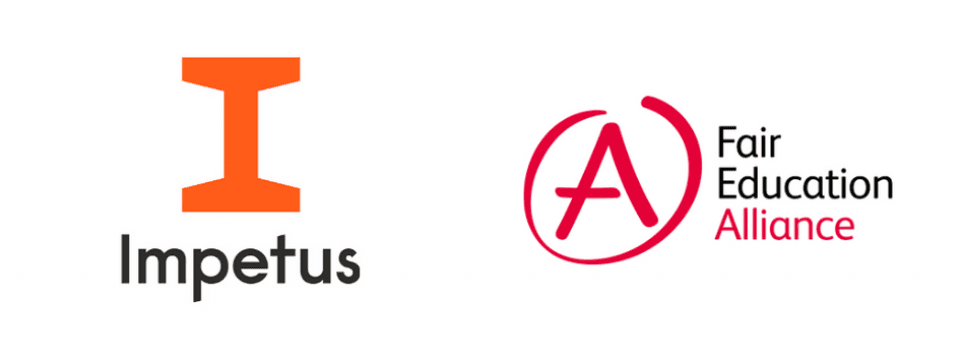Impetus is a member of the Fair Education Alliance, a coalition of over 160 organisations working to end educational inequality. These comments are submitted jointly, with particular input from Action Tutoring, IntoUniversity and Business in the Community. We are in broad agreement with the Social Mobility Commission, who are submitting their own response.
We are concerned that the current proposals may not meet Ofqual’s aims, specifically iv (to protect, so far as is possible, all students from being systematically advantaged or disadvantaged, notwithstanding their socio-economic background or whether they have a protected characteristic) and i (to provide students with the grades that they would most likely have achieved had they been able to complete their assessments in summer 2020) that Ofqual has set out.
Evidence from the last decade suggests that the attainment gap between different socio-economic groups is broadly stable. For example, the difference between FSM pupils, and their better-off peers, in the percentage of pupils achieving grade 4/C or above in English and maths GCSEs: this has been consistently within a 1.5 percentage point range for the last 9 years, with an annual variation over 0.6 percentage points only twice in that time.
There is no evidence to suggest that this year would have seen a significant change in this attainment gap, had exams gone ahead. Therefore, any fair grading process must also result in a similar attainment gap.
We do not believe that Ofqual’s current proposals necessarily guarantee this fair outcome. The evidence about possible teacher bias is mixed, and this is an unprecedented situation. It may well be that the process outlined does result in a normal variation in the attainment gap between disadvantaged young people and their better off peers.
But if it does not, Ofqual must be prepared to step in.
Ofqual should set a threshold for the maximum change in the attainment gap that reflects acceptable and likely normal variation. Should the grade awarding process lead to greater change in the attainment gap than this threshold, Ofqual must take additional steps to bring the change in the attainment gap within the threshold.
If this cannot be done without modifying of centre-provided rank orders, Ofqual must be prepared to do so.
If the attainment gap grows above this threshold, Ofqual will not have protected, so far as is possible, all students from being systematically advantaged or disadvantaged, notwithstanding their socio-economic background or whether they have a protected characteristic (aim iv). Ofqual will not have provided students with the grades that they would most likely have achieved had they been able to complete their assessments in summer 2020 (aim i).
As a well-defined indicator widely used in public policy, a large change in the attainment gap would risk undermining confidence in the fairness of the overall process applied, which broadly seems to be a commendable piece of work in very challenging circumstances.
These measures are particularly important for qualifications young people need for progression to the next stage of education, such as GCSEs in English and maths for progression to level 3 study; and level 3 qualifications used to access higher education. It currently seems unlikely that results of a possible autumn exam series will be available early enough to enable students to progress in the next academic year. Disadvantaged students may find it particularly difficult to delay their plans by a year, and are less likely to have the support needed to succeed in these exams having been out of education since March. It is therefore especially important for this group that the summer qualification grading is fair.

